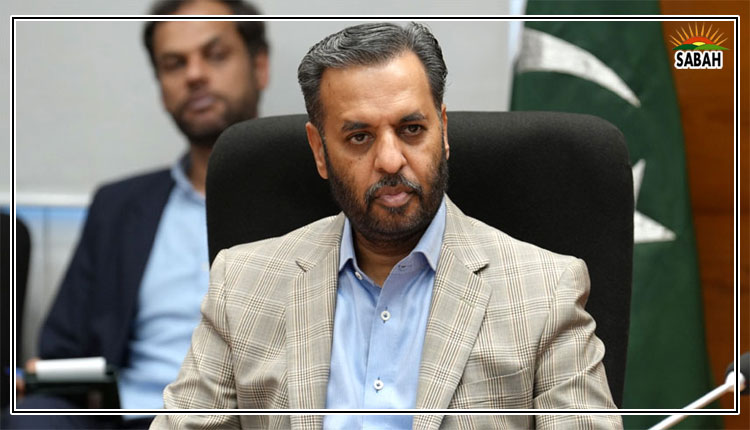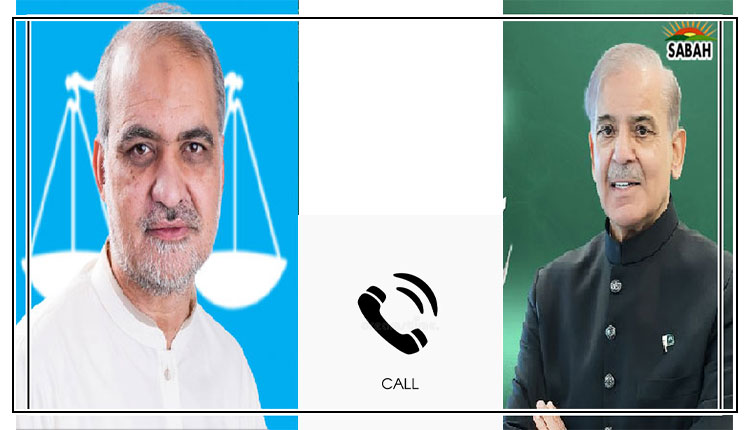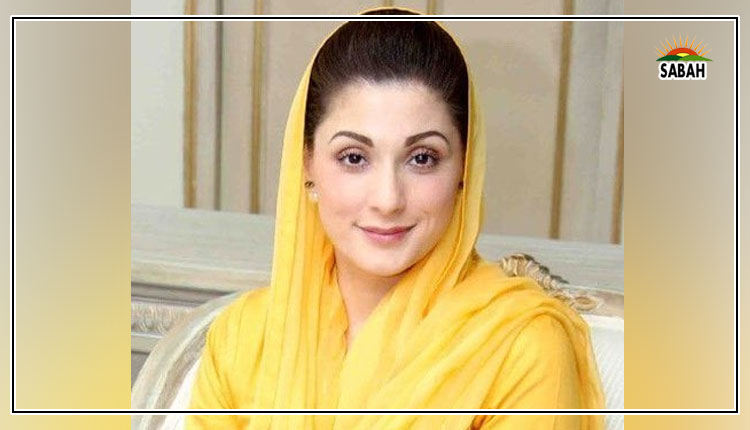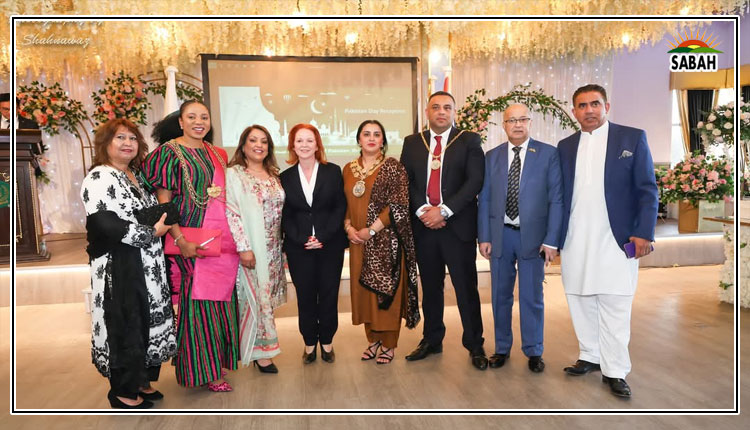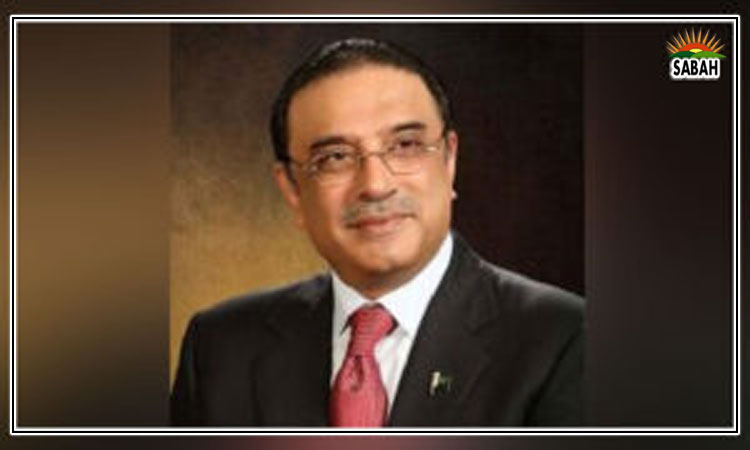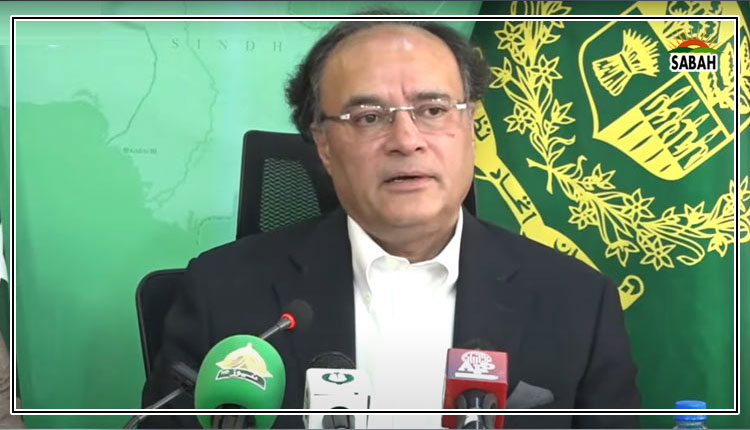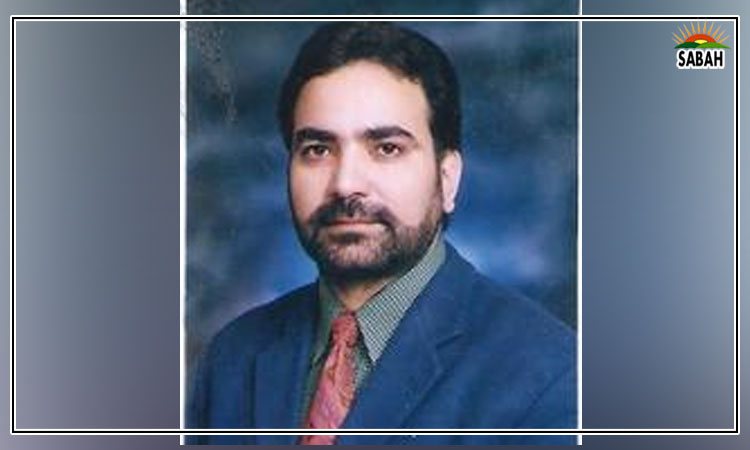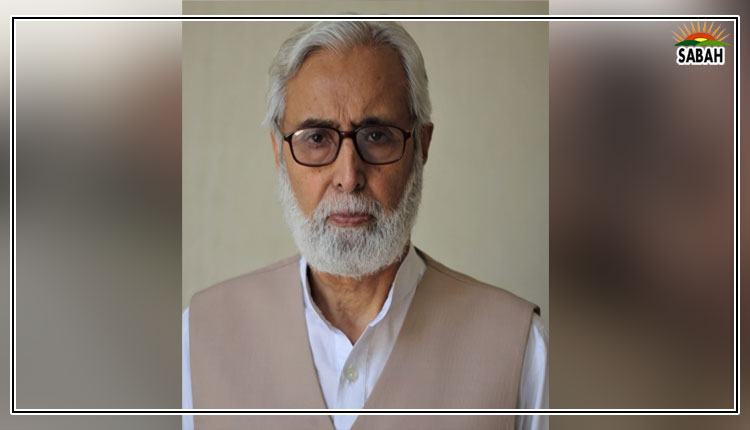Bill Clinton’s vision: our aspiration…Saira Samo
Through his book Between Hope and History, former US President Bill Clinton shares presidential experiences, emphasising Opportunity, Responsibility and Community principles.
Clinton emphasises that seizing opportunities is fundamental to success, but it must be coupled with a sense of responsibility. He advocates for serving the community, asserting that every American must recognise the role of opportunity, responsibility and community in advancing the country.
He reflects on the size of the American government, stating that it neither should be too small nor too big. He recounts facing multiple challenges during his presidency, including opposition from Congress and various societal issues such as state terrorism, street crimes and drug trafficking. Despite facing resistance, he implemented stringent laws for the welfare of the people.
Clinton’s commitment was to the welfare of all Americans, irrespective of creed, caste or faith. He had not endorsed aggression, violence or an inferior attitude toward neighbouring countries. He supported mutual relations with Russia and China, taking steps to lessen subtle enemy policies for rogue states and extending a hand of friendship for progress and welfare.
In his book, Clinton writes that the world needs durable peace, emphasising its universal necessity. He condemns use of nukes and encourages living in peace. To give up the nuclear race, he says that collective efforts were taken to pressure North Korea to surrender its nuclear capabilities for mass destruction.
The ex-President mentions diehard Congress opponents suggesting the installation of star security, to which he said that it costs billions of dollars with the stake of their people’s lives. He prioritises the quality of life for Americans, believing that America’s progress depends on individuals working for it. He emphasises that freedom is not individual; it is for all.
Regarding education, Clinton insists that every child should be in school, provided with quality education. Recognising the world as a global village, he worked to facilitate every institution with Internet and proper use of technical devices like computers and other accessories.
Clinton acknowledges social problems in his country, such as child pregnancy, drug mafia and youth deviance. He passed bills to control them but emphasises the role of responsible parenting. He believes that parents should take care of their children carefully before the state takes charge of their welfare.
In relation to economic downfall, Clinton acknowledges the financial deficit and took responsibility to overcome it by introducing a million jobs. He views every company, big or small, as owning its employees as assets, valuing each individual’s life.
He believes that his guiding force for success as president was following ‘opportunity, responsibility, and community’. He took inspiration for the title of his book from a meeting with Seamus Heaney, the Nobel Prize-winning poet, in Ireland, where the line ‘hope and history rhyme’ left a lasting impression on him.
Amidst Pakistan’s election season, people really want leaders to focus on key principles: Opportunity, Responsibility and Community. Pakistan has been dealing with political ups and downs and economic struggles. Past PMs made big promises about ending poverty, advancing education and strengthening the economy, but these promises often fell through. The hope now is for leaders to learn from American President Bill Clinton’s vision of a successful and responsible nation.
As the democratic process unfolds, the wish is for leaders to make responsibility a priority, grab hold of opportunities and build a strong sense of community. The shared dream is for Pakistan to be politically stable, economically secure and socially lively. The goal is to have leaders guided by the principles of Responsibility, Opportunity and Community, making decisions that genuinely benefit the welfare and progress of the Pakistani people.
Courtesy



